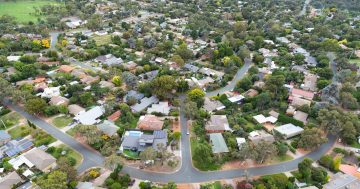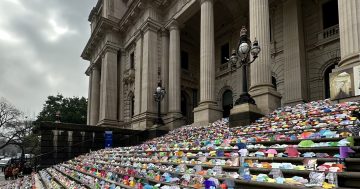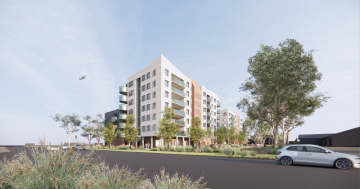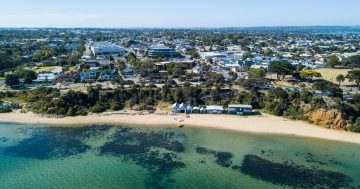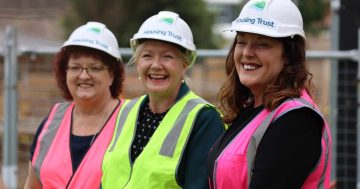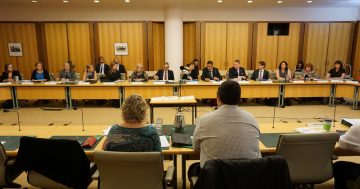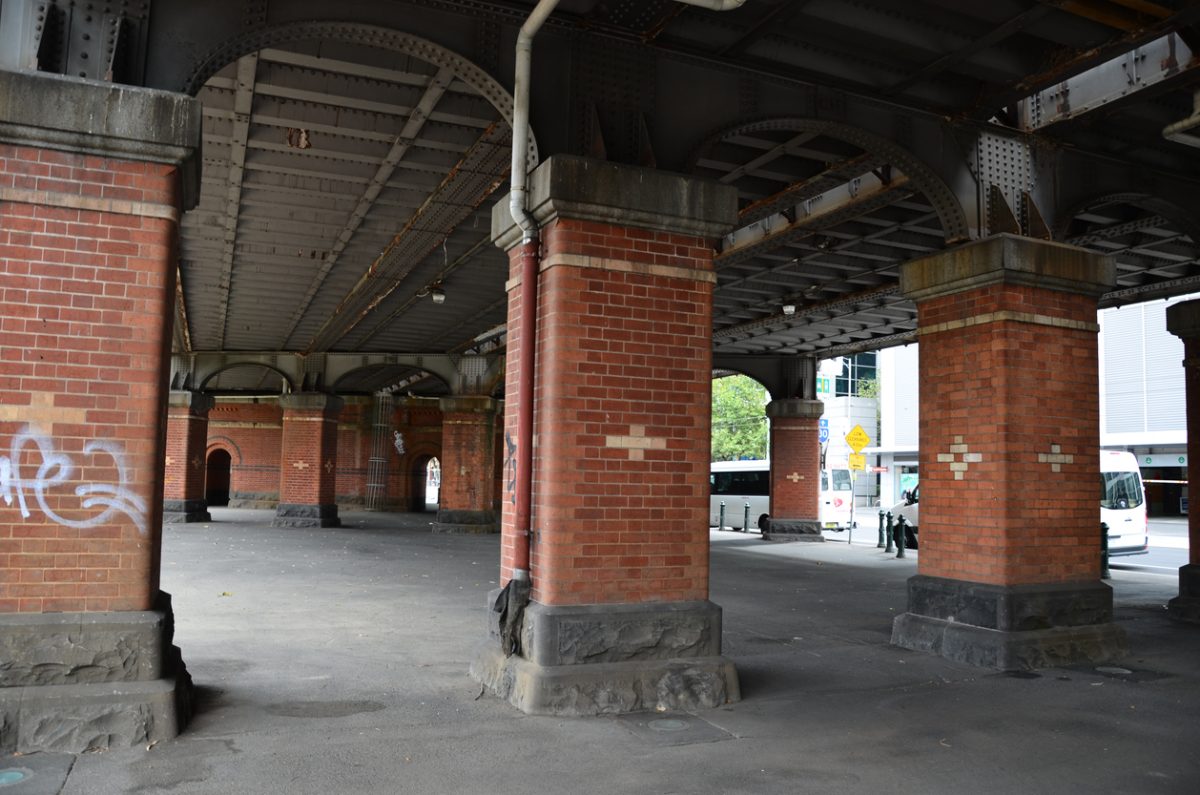
Only 2.8 per cent of Victorian households are made up of public and community housing residents. Photo: Peter Washington.
Lagging behind every other state and territory on social housing, the Victorian Government has tabled its response to an inquiry into its ongoing homelessness crisis.
On Census night in 2021 more than 30,000 Victorians were homeless, an increase of almost 6000 on the previous Census in 2016.
Since then, homelessness in Victoria has risen by 24 per cent and in December the state had 60,708 applications for public and community housing on the waiting list.
Although the State Government’s response was due on 4 September 2021, they have supported 45 of the inquiry’s 51 recommendations, committed to review four and have rejected two.
Last week the response was tabled in Victoria’s Legislative Council, bearing five pillars to make homelessness in the state “rare, brief and non-recurring”. The pillars are that:
- People are supported quickly to access and sustain housing
- People are connected to the right mix, sequence and intensity of housing and support that is proportionate and tailored to their needs
- All parts of the social service system share responsibility for achieving outcomes
- First Peoples’ homelessness services are self-determined
- The homelessness system has the capability to support the delivery of contemporary programs.
Council to Homeless Persons (CHP) CEO Deborah Di Natale said now the only thing missing was for the State Government to absolutely commit to funding all the recommendations it has accepted in its response.
At the moment the Victorian government has put $134 million into the 2023-24 state budget for homelessness and housing support.
But Ms Natale says the government must revise its Housing Statement, which she says does not address the committee’s recommendations.
The policy, released in September, laid out an ambitious plan for tackling the issues of its housing and homelessness sectors through its target to build 800,000 homes over the coming decade.
“In its response to the inquiry, the government has rightly pointed out some of the excellent homelessness initiatives that have been funded,” said Ms Natale. “But in the three long years since the inquiry, the most serious housing crisis in living memory has only worsened.
“We need an ironclad commitment that this year’s state budget will include the full amount needed to implement these reforms.”
CHP said they’d welcome the opportunity to sit on an oversight group advising the government on how to make these recommendations work best for people experiencing homelessness.
One of the inquiry’s recommendations was to investigate the implementation of mandatory inclusionary zoning, where a portion of new major housing developments must be social or affordable housing.
In its response, the State Government accepted the recommendation ‘in principle’ but did not agree with the inquiry’s method of approach.
The statement reads: “The Victorian Government has announced an expanded development facilitation program, which will streamline the planning process for medium to high density residential developments that meet the set criteria: construction costs worth at least $50 million in Melbourne or $15 million in regional Victoria and delivering at least 10 per cent affordable housing.
“There will also be clear planning controls to deliver an additional 60,000 homes around an initial 10 activity centres across Melbourne by the end of 2024, with the Minister for Planning taking over the planning work from councils in these areas. This program will also consider the best way to incentivise more affordable housing.”
Community Housing Industry Association Victoria (CHIA VIC) has urged the government to fully embrace this recommendation.
Chief Executive Sarah Toohey said the well-designed mandatory inclusionary zoning scheme had enormous potential to deliver thousands of social homes each year.
“Having a scheme that’s voluntary provides very little extra social and affordable housing,” said Ms Toohey.
“The most effective way to ease Victoria’s housing crisis, and stop people falling into homelessness, is to build more social and affordable housing for the Victorians who need it most.
“Victoria continues to have the lowest proportion of social housing out of all states and territories so we need more investment and new solutions, such as mandatory inclusionary zoning, to boost the number of genuinely affordable homes.”


